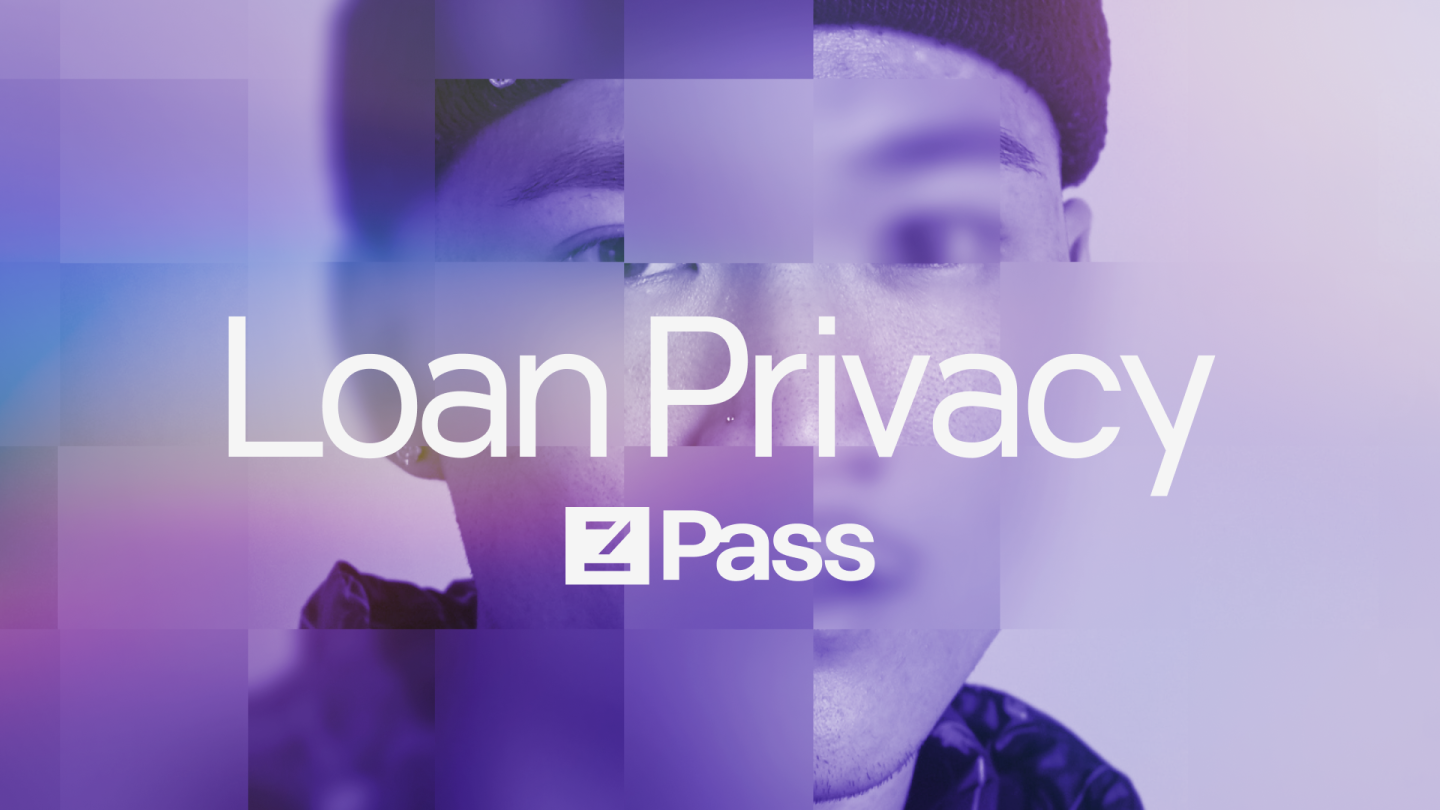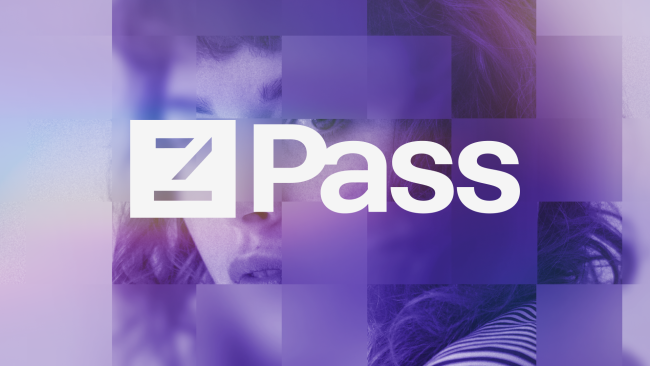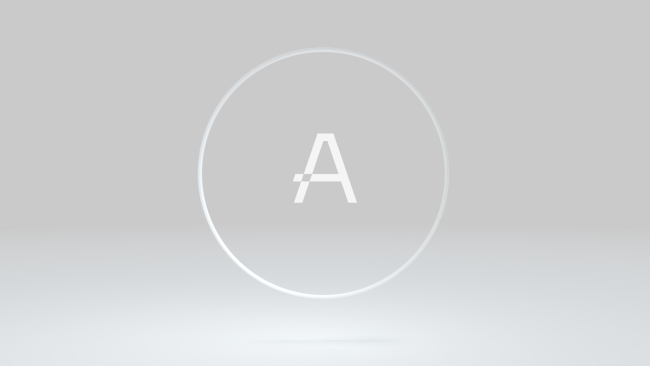Qualifying for loans — without exposing your bank account

Maybe it’s your dream house. Maybe it’s your first house. Either way, you’ve been preparing for this purchase for years. You have the down payment, and now all that’s left is getting approved for the mortgage — oh, and laying bare your entire financial life to lenders you’ve only just met.
People engage with financial services in many ways, such as getting a mortgage, financing their education, applying for a credit card, and setting up a payment plan. Applying for a mortgage, loan, or other financial service today often requires you to reveal years of bank statements, tax documents, credit reports, and more.
Sure, that information helps the lender decide whether to approve you, but it often exposes details far beyond what you actually need to qualify. While we’ll always have to share information online, we shouldn’t have to wonder if it’ll appear in the next data breach.
Your exposed data could be used by bad actors to steal your identity, potentially leading to unwanted purchases made in your name, messy legal battles, and challenges getting access to credit in the future — which could prevent you from achieving your goals, from maintaining a good credit score to starting a business.
While oversharing sensitive information is the status quo for obtaining financial services today, it won’t be in the near future. Emerging cryptography known as zero-knowledge proofs (ZKPs) offer a privacy-preserving alternative to traditional qualification processes.
With a zero-knowledge solution such as zPass on the Aleo blockchain, you can prove you meet specific criteria without revealing anything more, allowing financial institutions to validate your credentials while keeping your personal documents private. You maintain control over your data, giving financial institutions only the information they need to offer you their services.
The not-so-private loan application process today
When you apply for financial services, such as a loan, you often must provide extensive personal information to prove your creditworthiness.
The typical loan application can require:
Years of bank statements showing account balances and transaction history
Tax returns and pay stubs verifying employment and income
Credit reports from agencies like Equifax, TransUnion, and Experian
Documentation of assets like property deeds and investment accounts
Existing loan and debt information from various creditors
Your firstborn (kidding, not kidding)
These documents give the lender deep insight into your financial position. But while that’s necessary to assess risk, it also exposes many extraneous private details and physical documents that may live on others’ servers and can easily be hacked. Plus, there’s the additional risk of biased decisions based on specifics in your documents that are irrelevant to the application itself — information that could be used to discriminate against you, such as your age, gender, race, and other personal details.
How zero-knowledge offers more privacy and control
ZKPs are a form of cryptography that allows one party (the prover) to prove information to another party (the verifier) without revealing anything beyond what is proven.
On a platform for truly private applications like Aleo, borrowers can prove they qualify for a loan without revealing personal information.
As an example, you could cryptographically prove you have:
A credit score over 740, without disclosing the actual number
Monthly income of at least $7,000, without showing payslips
Over $50,000 in a checking account, without revealing the balance
No late mortgage payments in the past two years, without exposing your entire payment history
Let’s say a woman named Emily wanted to apply for a financial service — she would be the prover. For each qualification criteria, she could upload her documents on her private device, such as her phone or computer.
Emily would then use zPass to create a ZKP, which validates that she meets the requirements without revealing her uploaded documents.
She could then pass that ZKP along to the verifier, in this case, Paul, a loan officer at her financial services provider. He can validate that Emily meets the qualifications but cannot view any underlying documents or data that inform the proof.
A more secure future with ZK
Aleo’s zero-knowledge approach provides better privacy for borrowers. You maintain control over your personal information, choosing what information to disclose for each application. And lenders only receive what is necessary to prove your creditworthiness, avoiding the possibility of them discriminating against you based on irrelevant details.
Meanwhile, financial services get streamlined verification of customer credentials without having to actually store any of that data themselves — offering a huge benefit since they don’t have to worry as much about being the target of massively expensive cyber attacks from bad actors trying to access sensitive data.
Case in point — finance firms lost an average of $5.9 million per data breach in 2022, according to a 2023 report from IBM, with large institutions paying even more: JP Morgan Chase and Equifax reported $100 million and $300 million in losses after hacks in 2014 and 2017, respectively.
Aleo and others work to mainstream this technology and its many applications across not just finance but all industries that require validating potentially sensitive information.
With continued progress, truly private interactions online can become the norm so that people no longer have to expose their personal information to participate in modern financial activities online.
Explore zPass to see how we’re making privacy — including financial privacy — the new normal.
Apply for zPrize 2023 to earn up to $500K in prizes for solving challenges that push ZK technology forward.

